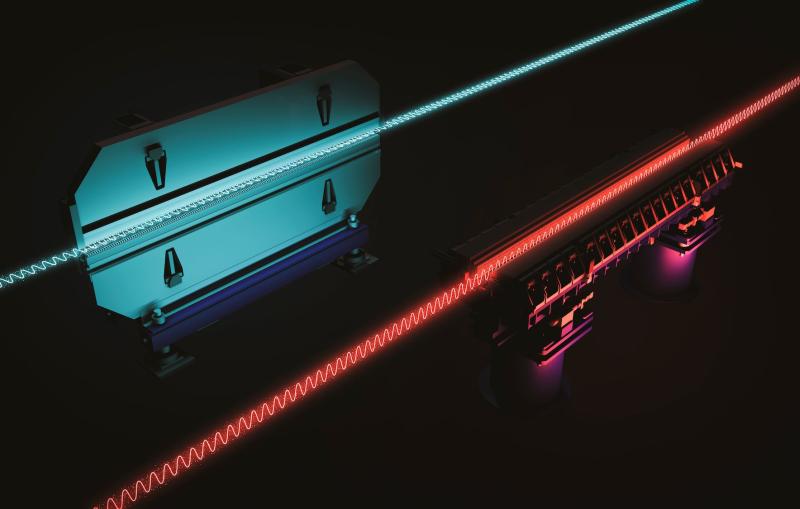Illustration
The second phase of a major upgrade project is now online at SLAC’S Linac Coherent Light Source (LCLS). On Saturday...

The latest news about SLAC research, science programs, facilities and people.
More on our News Center and Media Resources pages
